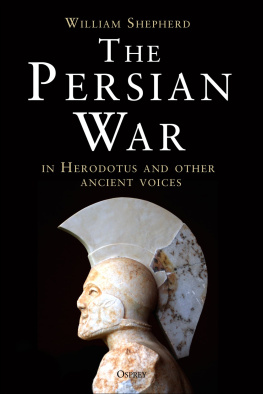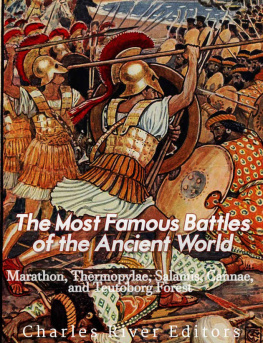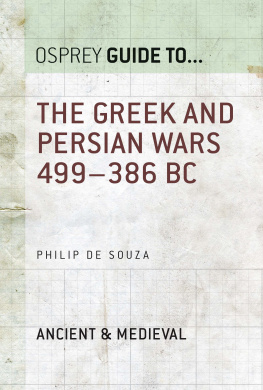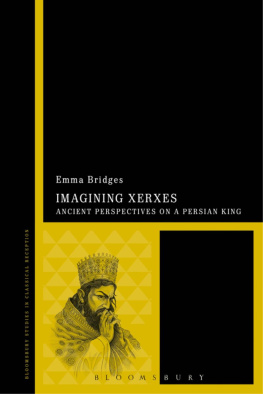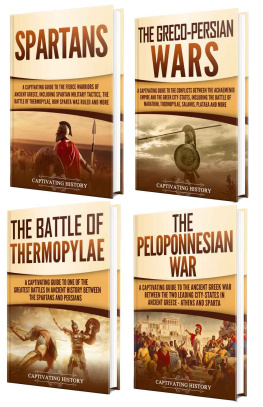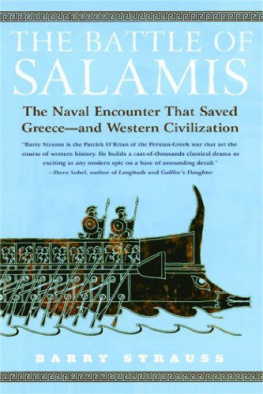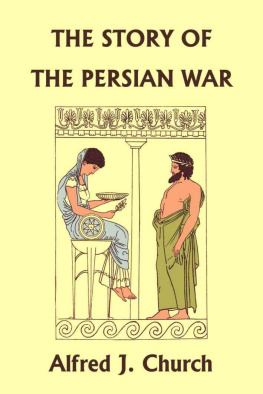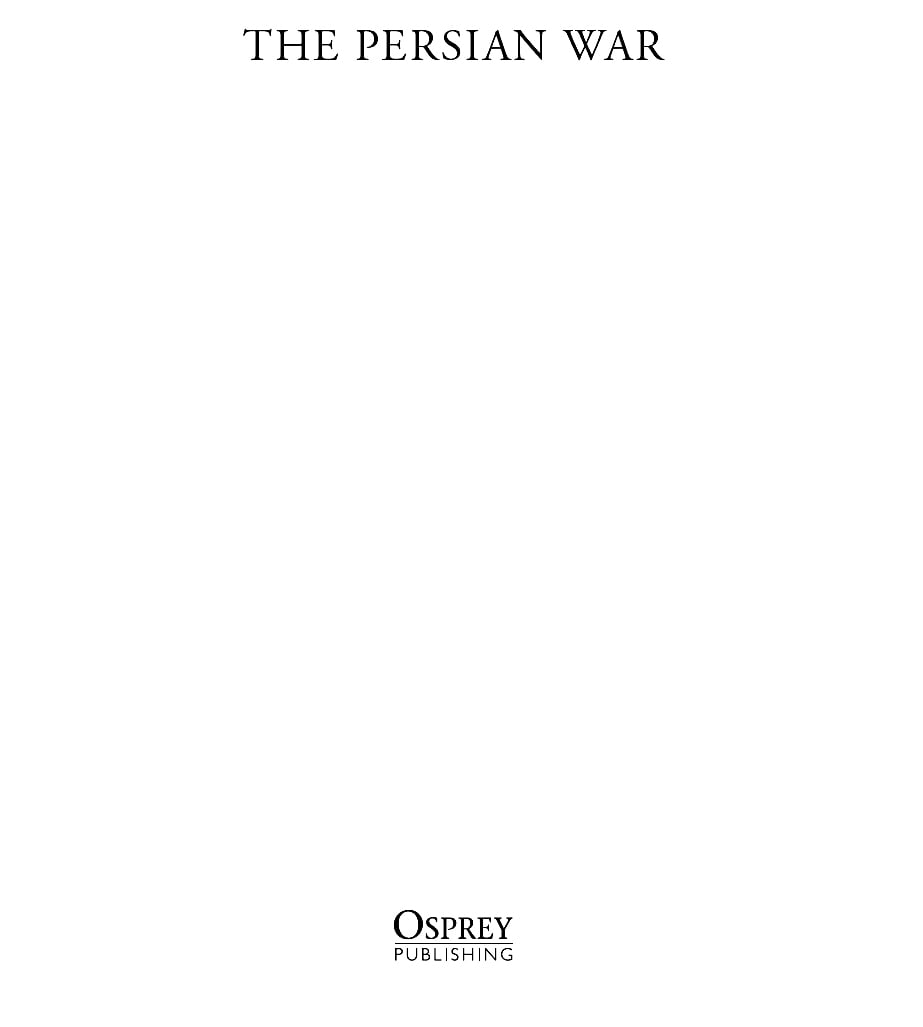William Shepherd - The Persian War: In Herodotus and Other Ancient Voices
Here you can read online William Shepherd - The Persian War: In Herodotus and Other Ancient Voices full text of the book (entire story) in english for free. Download pdf and epub, get meaning, cover and reviews about this ebook. year: 2019, publisher: Osprey Publishing, genre: History. Description of the work, (preface) as well as reviews are available. Best literature library LitArk.com created for fans of good reading and offers a wide selection of genres:
Romance novel
Science fiction
Adventure
Detective
Science
History
Home and family
Prose
Art
Politics
Computer
Non-fiction
Religion
Business
Children
Humor
Choose a favorite category and find really read worthwhile books. Enjoy immersion in the world of imagination, feel the emotions of the characters or learn something new for yourself, make an fascinating discovery.
- Book:The Persian War: In Herodotus and Other Ancient Voices
- Author:
- Publisher:Osprey Publishing
- Genre:
- Year:2019
- Rating:4 / 5
- Favourites:Add to favourites
- Your mark:
The Persian War: In Herodotus and Other Ancient Voices: summary, description and annotation
We offer to read an annotation, description, summary or preface (depends on what the author of the book "The Persian War: In Herodotus and Other Ancient Voices" wrote himself). If you haven't found the necessary information about the book — write in the comments, we will try to find it.
The Persian War is the name generally given to the first two decades of the period of conflict between the Greeks and the Persians that began in 499 BC and ended around 450. The pivotal moment came in 479, when a massive Persian invasion force was defeated and driven out of mainland Greece and Europe, never to return. The victory of a few Greek city-states over the worlds first superpower was an extraordinary military feat that secured the future of Western civilization.
All modern accounts of the war as a whole, and of the best-known battles of Marathon, Thermopylae and Salamis, depend on the ancient sources, foremost amongst them Herodotus. Yet although these modern narratives generally include numerous references to the ancient authors, they quote little directly from them.
This is the first book to bring together Herodotus entire narrative and interweave it with other ancient voices alongside detailed commentary to present and clarify the original texts.
The extracts from other ancient writers add value to Herodotus narrative in various ways: some offer fresh analysis and credible extra detail; some contradict him interestingly; some provide background illumination; and some add drama and colour. All are woven into a compelling narrative tapestry that brings this immense clash of arms vividly to life.
Distinguished military historian of the Persian Wars William Shepherd [...] shows himself to be also a most sensitive interpreter of those Wars original historian Herodotus. With Shepherd as our guide and Herodotus by our side this key moment in West-East relations is given its full cultural and strategic due.
Paul Cartledge, A.G. Leventis Senior Research Fellow of Clare College, Cambridge
William Shepherd: author's other books
Who wrote The Persian War: In Herodotus and Other Ancient Voices? Find out the surname, the name of the author of the book and a list of all author's works by series.

